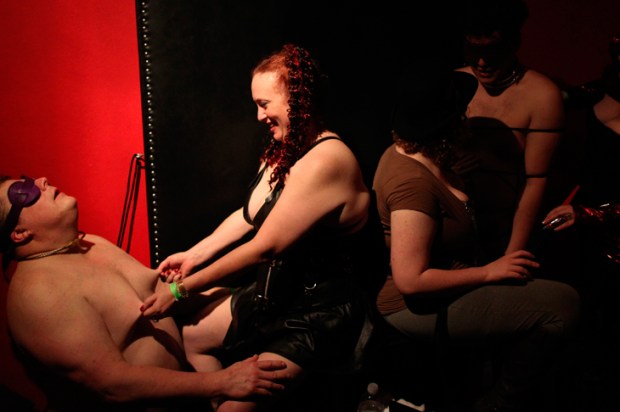How on earth can Labor historian Troy Bramston get Liberal Party history so wrong? Bramston is a columnist for the Australian, a former speech-writer for former failed Prime Minister Kevin Rudd, and a Labor Party member of 20 years.
Take his latest effort in the 30 August issue of this magazine.
In his article, Bramston makes at least two mistakes and one ill-founded assumption. He writes ‘…in March, 1971 a party-room vote of no-confidence in Gorton’s leadership was held and the numbers were tied’.
There was never a motion of no-confidence in Gorton in the party room at the time. There was a motion of confidence. It was moved by two neophyte Victorian members of the Parliamentary Liberal Party, Alan Jarman and Len Reid.
About a column later Bramston writes: ‘When the party room vote of no-confidence in Gorton’s leadership was tied 33-all, he felt he could not continue. He cast a vote as chairman, which was in breach of the rules, against himself.’
What rules, Troy? There are no Parliamentary Liberal party room rules. John Howard, former Liberal Party leader for a total of 16 years and a former Prime Minister for 11 years, confirmed to me: ‘While I was leader of the PLP (Parliamentary Liberal Party) there were no formal rules.’
Again, when I spoke to Philip Ruddock, the present Chief Government Whip, a Parliamentary Liberal Party member for 40-odd years and a former Attorney-General, he said: ‘There are no (PLP) Standing Orders, no rules, and we don’t have party room votes except for the leadership. There is nothing written down. And if anyone tells you anything differently, they are wrong. The convention is that the leader interprets the feelings of the party room as he understands it.’ So Bramston wrongly assumed there were Parliamentary Liberal Party rules and that Gorton could not cast a vote as chairman.
Bramston has unintentionally mislead the Australian’s readers as well (‘Contrarian Malcolm Fraser claims he’s consistent’, 20 April, 2013). In this article, he appeared to be so overwhelmed by former Prime Minister Malcolm Fraser that he rather naively appears to believe Fraser’s interpretation of political history, and especially his political portrait of former Prime Minister, Sir Robert Menzies.
For instance, Fraser says in the Bramston interview: ‘Menzies was a thoroughly liberal and progressive prime minister…’. Was Menzies a liberal? Where does the truth lie? Certainly not with Fraser as quoted (and uncontested by Bramston). Menzies detested ‘small l’ Liberals as he himself has written. For instance, in a letter to his daughter Heather Henderson in Manila on 8 April, 1974, while there was a fight for power within the Victorian Division of the Liberal Party, he wrote, inter alia: ‘But, of course, the main trouble in my state is that we have the State Executive of the Liberal Party, which is dominated by what they now call Liberals with a small ‘l’ – that is to say, Liberals who believe in nothing but who will believe in anything if they think it is worth a few votes. The whole thing is quite tragic.’
Again, on 24 June, 1974, in another letter to his daughter in Manila, he wrote: ‘If Comrade Hardie (the then president) and his boys are re-elected then, in my opinion, the Victorian Division of the Liberal party will have ended in disaster. But why should I, at my age, have to worry myself about what is happening to the Party which I created, a Party which had principles to which I most firmly adhere, principles which have now been completely abandoned by what they call the little ‘l’ Liberals?’
Finally, Mr Bramston refers to the aides-memoire of William McMahon. The former PM would usually rewrite them several times to ensure he always came out looking good. I doubt that what is contained in the ‘secret’ memo Mr Bramston discovered is an accurate note. And how can it be secret if it is in his papers?
Got something to add? Join the discussion and comment below.
Get 10 issues for just $10
Subscribe to The Spectator Australia today for the next 10 magazine issues, plus full online access, for just $10.
Peter Kelly is a journalist and was Press Secretary to Mr (later) Sir William McMahon when he was Treasurer and Minister for Labour and National Service and Private Secretary to Sir William after he lost the prime ministership.
You might disagree with half of it, but you’ll enjoy reading all of it. Try your first month for free, then just $2 a week for the remainder of your first year.









Comments
Don't miss out
Join the conversation with other Spectator Australia readers. Subscribe to leave a comment.
SUBSCRIBEAlready a subscriber? Log in